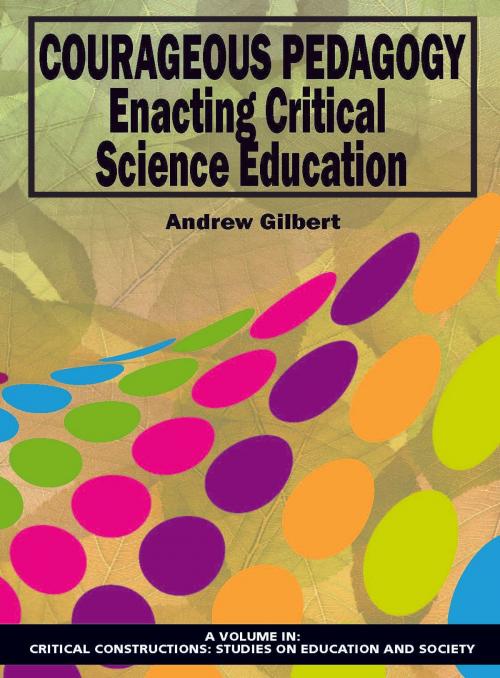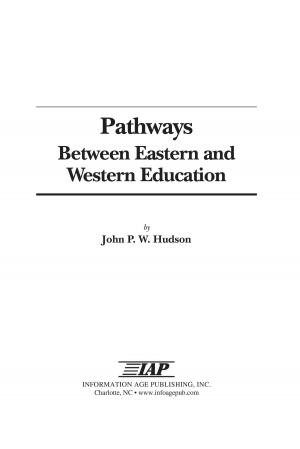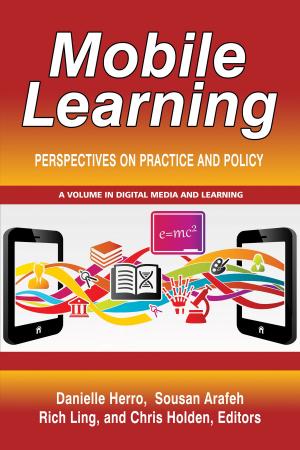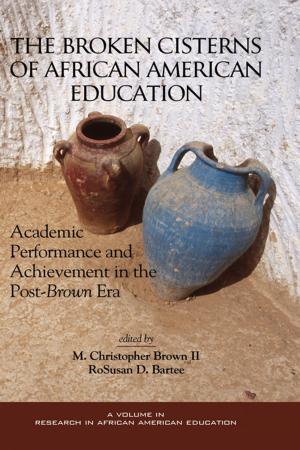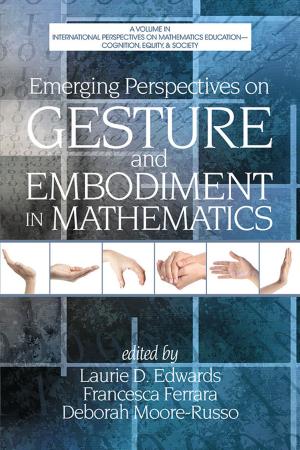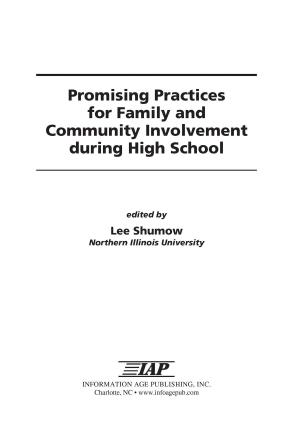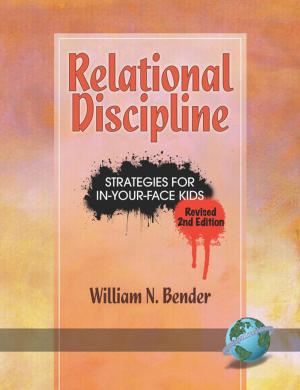Courageous Pedagogy
Enacting Critical Science Education
Nonfiction, Science & Nature, Science, Other Sciences, Study & Teaching, Reference & Language, Education & Teaching, Educational Theory, Leadership| Author: | Andrew Gilbert | ISBN: | 9781623960698 |
| Publisher: | Information Age Publishing | Publication: | March 1, 2013 |
| Imprint: | Information Age Publishing | Language: | English |
| Author: | Andrew Gilbert |
| ISBN: | 9781623960698 |
| Publisher: | Information Age Publishing |
| Publication: | March 1, 2013 |
| Imprint: | Information Age Publishing |
| Language: | English |
There are only a few studies that investigate the actual smallscale classroom processes and approaches that allow for students to participate in “doing” critical science and none that compare CSE to traditional classroom contexts. In a critical science classroom student’ thoughts, beliefs, and questions serve as the starting point for scientific investigation where an underlying goal is for students to students to utilize this scientific knowledge to empower their own lives. One must ask, “What would this process look like? What would happen to the students?” Pruyn (1999) argued that the difficult nature of this type of research has limited the number of studies that investigate smallscale critical classroom approaches. These classroom interactions and approaches will provide valuable insights into the diffi cult processes that must exist for students to begin to develop transformative notions of the world.
There are only a few studies that investigate the actual smallscale classroom processes and approaches that allow for students to participate in “doing” critical science and none that compare CSE to traditional classroom contexts. In a critical science classroom student’ thoughts, beliefs, and questions serve as the starting point for scientific investigation where an underlying goal is for students to students to utilize this scientific knowledge to empower their own lives. One must ask, “What would this process look like? What would happen to the students?” Pruyn (1999) argued that the difficult nature of this type of research has limited the number of studies that investigate smallscale critical classroom approaches. These classroom interactions and approaches will provide valuable insights into the diffi cult processes that must exist for students to begin to develop transformative notions of the world.
